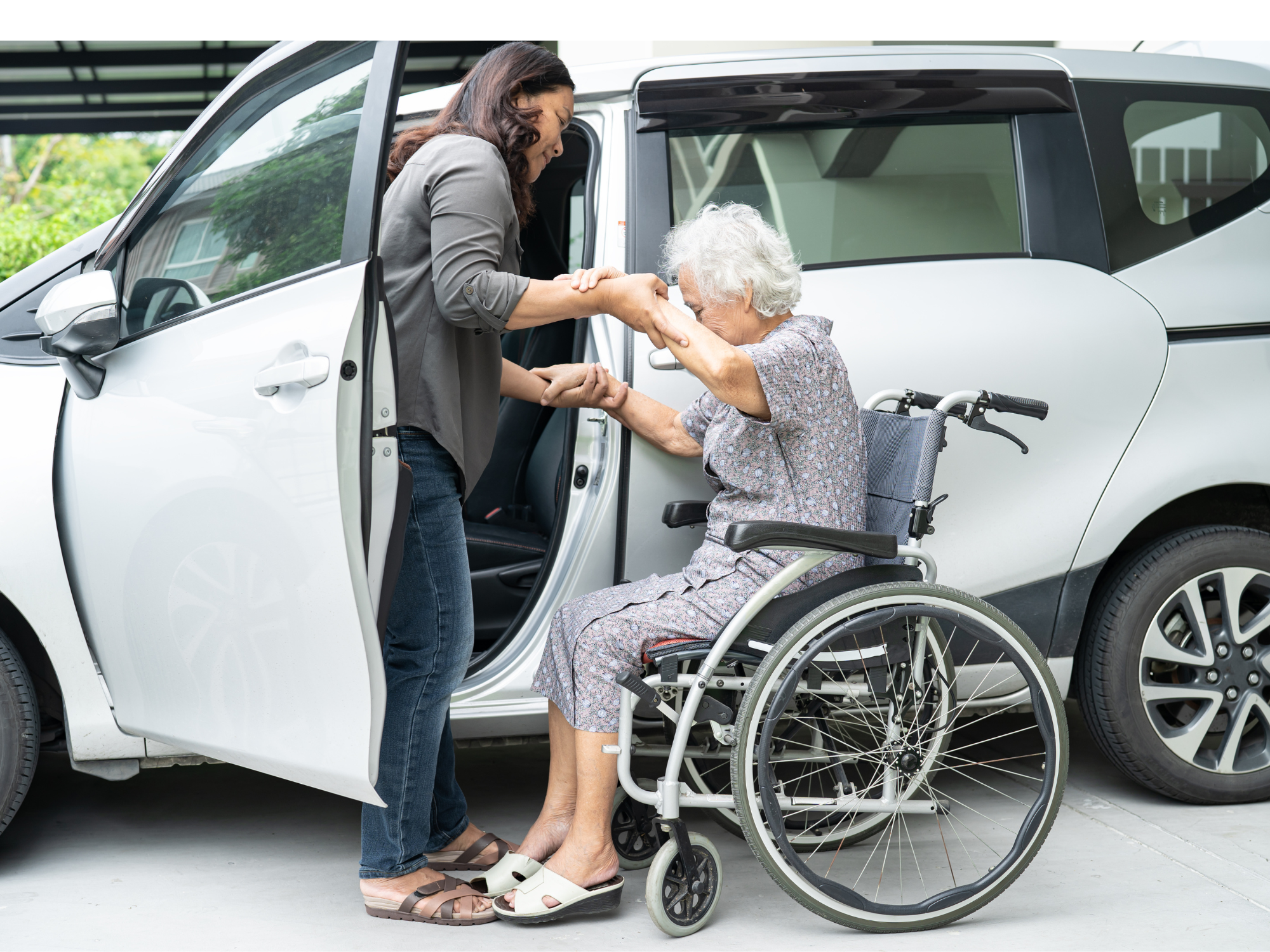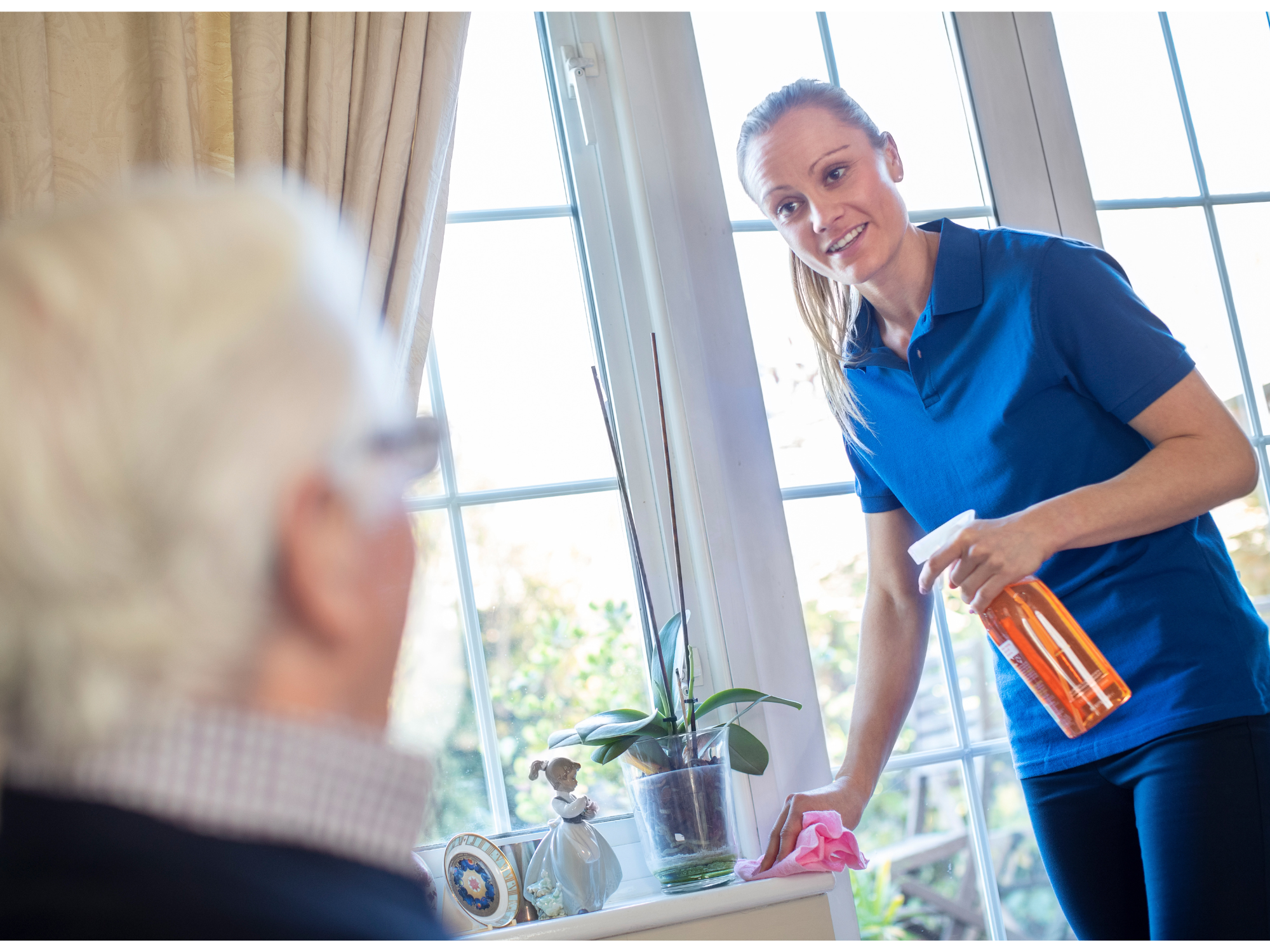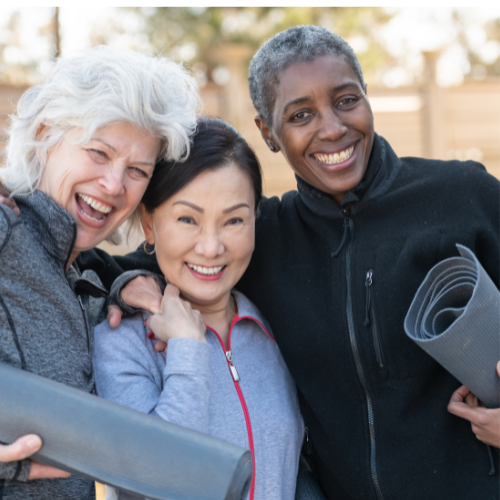As our loved ones age, one of the most overlooked challenges they face is social isolation. While many people are aware that physical health declines with age, fewer understand that loneliness and isolation can be just as harmful, if not more so. The impact of senior isolation extends far beyond just feeling lonely—it can lead to a cascade of physical and mental health issues that significantly diminish quality of life.
The Domino Effect of Senior Isolation
Social isolation is more than just being alone; it’s the lack of meaningful social interactions and connections that are essential for mental and emotional well-being. Unfortunately, as seniors age, they often find themselves more isolated due to factors like the loss of a spouse, friends, or even a reduction in mobility that limits their ability to engage in social activities.
This isolation can lead to several serious health problems, including:
1. Depression and Anxiety: The absence of regular social interaction can cause feelings of loneliness to escalate into depression and anxiety. Studies have shown that isolated seniors are at a higher risk for mental health disorders, which in turn can worsen their physical health.
2. Cognitive Decline: Social engagement is crucial for keeping the brain active. Isolation can accelerate cognitive decline and increase the risk of dementia, as the brain is less stimulated without regular interaction and communication.
3. Increased Risk of Chronic Diseases: Loneliness and isolation have been linked to a higher risk of chronic illnesses such as heart disease, hypertension, and even a weakened immune system. The stress associated with loneliness can cause inflammation and other physical changes that contribute to these conditions.
4. Poor Nutrition: Isolated seniors are more likely to experience malnutrition. Without the motivation to cook or eat alone, many may skip meals or resort to unhealthy options, leading to a decline in overall health.
5. Higher Mortality Rates: Research has shown that seniors who are socially isolated have a higher risk of premature death. The combination of mental and physical health issues brought on by isolation creates a dangerous cycle that can be difficult to break.
Combating Senior Isolation: What Can Be Done?
The good news is that there are ways to combat senior isolation and its associated health risks. Here are some effective strategies:
1. Encourage Regular Social Interaction: Whether it’s through community centers, senior clubs, or religious organizations, finding ways for seniors to regularly interact with others is crucial. Activities that encourage socialization, like group exercise classes, book clubs, or hobby groups, can make a big difference.
2. Leverage Technology: While many seniors may be unfamiliar with technology, teaching them how to use social media, video calls, or even simple messaging apps can help them stay connected with family and friends. Virtual interactions can be a lifeline, especially for those with mobility issues.
3. Promote Physical Activity: Physical activity not only improves physical health but can also be a social activity. Walking groups, senior fitness classes, or even gardening clubs can help seniors stay active and engaged with others.
4. Support from Family and Friends: Family members and friends should make an effort to visit and check in regularly. Simple acts of kindness, like a phone call or a visit, can have a profound impact on a senior’s emotional well-being.
5. Professional Services: Sometimes, family and friends aren’t able to provide the level of support needed. Services provided by companies like Just A Call Away can help provide solutions to these issues by offering companionship, helping with daily tasks, and ensuring that seniors stay connected to their community.
Conclusion
Senior isolation is a serious issue that can lead to a range of health problems. However, with the right strategies and support, it’s possible to reduce the risks and improve the well-being of our aging loved ones. Whether through community involvement, technological tools, or professional services, there are many ways to ensure that seniors live fulfilling, connected lives. Let’s work together to keep our seniors engaged, healthy, and happy.












